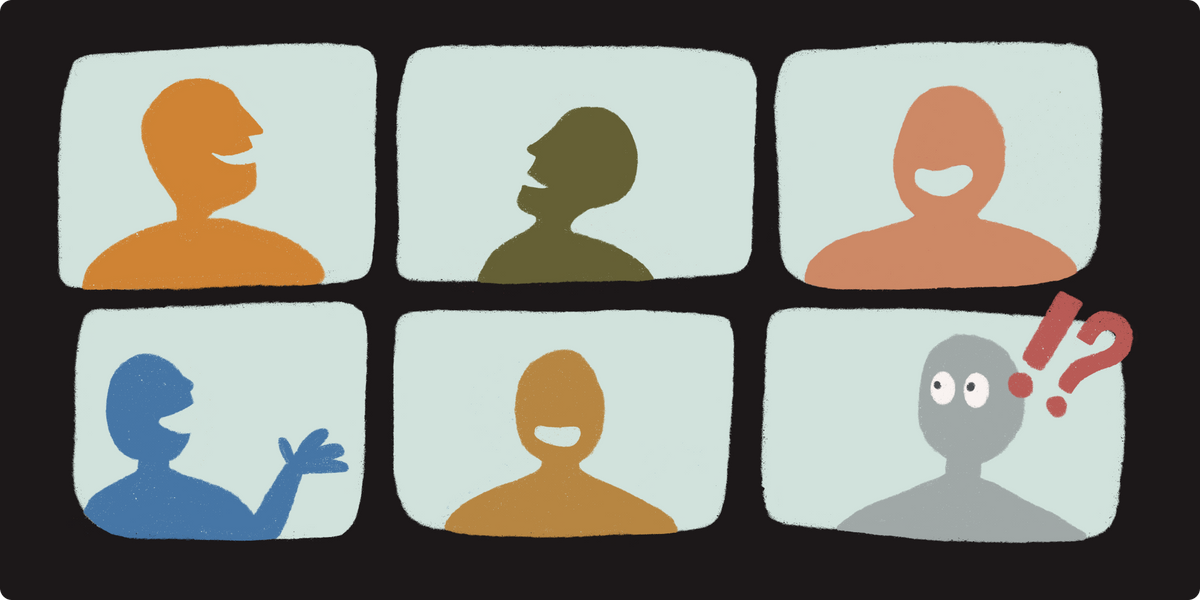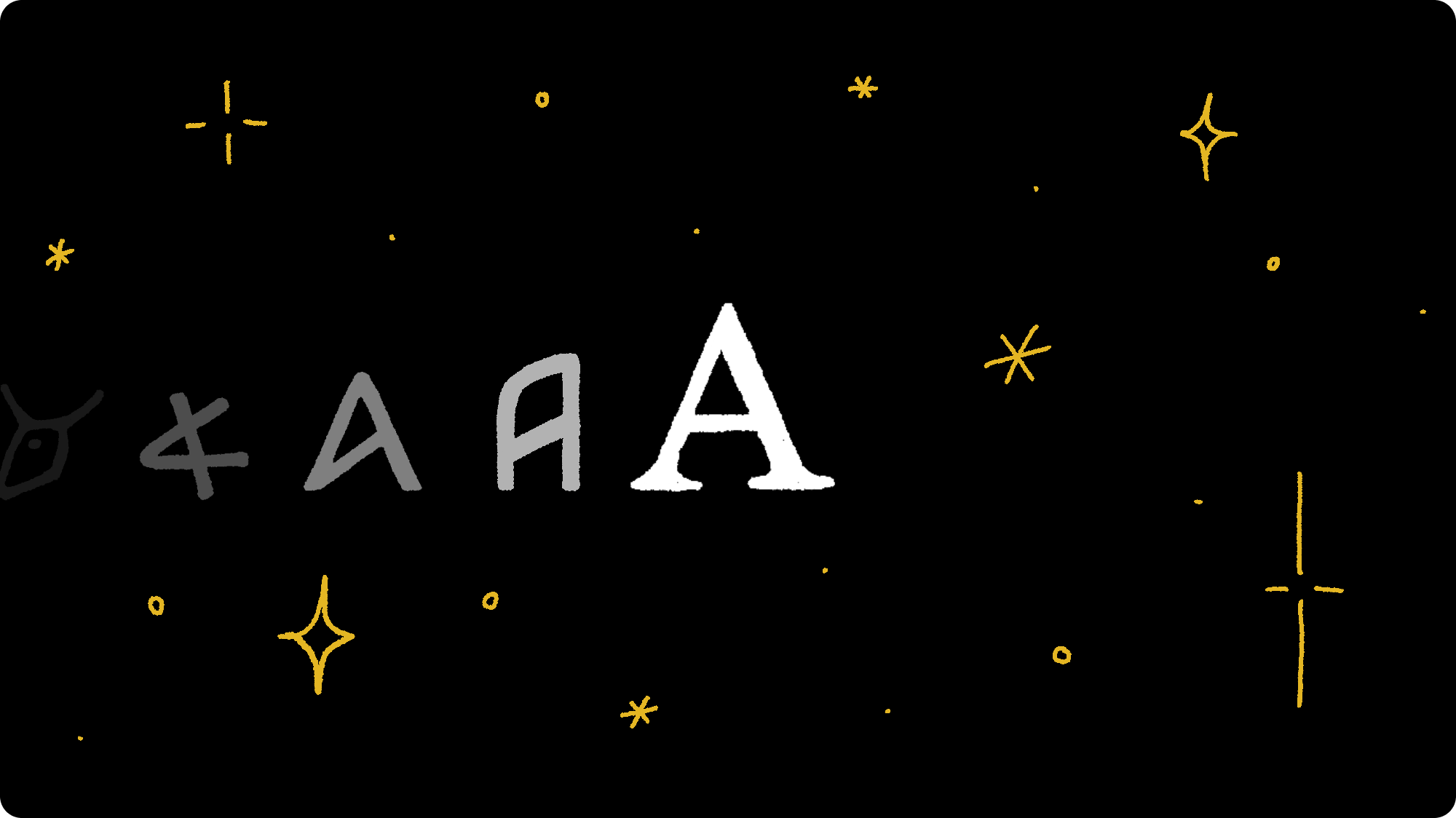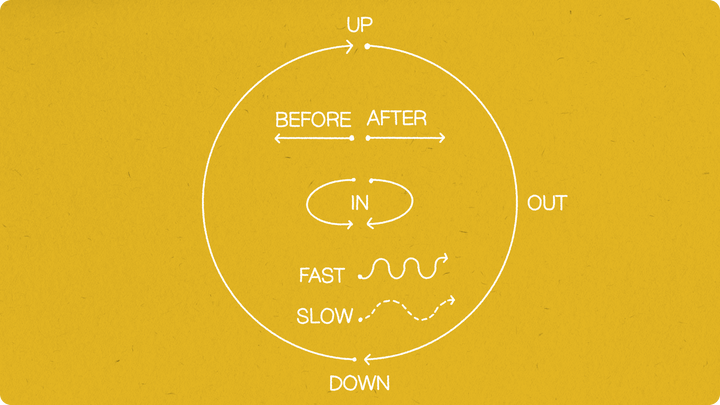The Hyper-Complex Use of Language in Activism
What does it mean to steepen the learning curve in those areas that need the most democratization?

I've been trying to get involved in the area of what I call "orgs try'na save the world". But not the typical non-profits you first think of. Not the Greenpeaces, not the Amnestys, not the UNICEFs. No, the newer generation, the latest wave of sophisticated rebellion. Those communities who talk about interconnectedness and ecologies and the long now. (I don't want to throw any shade so I'll refrain from naming them) But you know, the ones you pay a hefty fee to be a founding member of, the ones who consider the future of civilization as a whole and want to fix all the problems at once (because honestly, how else? they are interlinked!).
Well, the more I learn about this crowd, the more I realize they're on a whole other level. Which makes it hard to relate, and even more so to feel like we could ever fit in.
A lot of it happens in the language used, and the communication etiquette. They have this niche, super advanced vocabulary that steepens the learning curve for newbies like me.
They casually drop terms like "my speculative practice". How do you explain that to a toddler? Or they'll say "container as context". If you give me three seconds I'll figure it out, but mid-sentence, amongst other niche terms, it's easy to lose grip.
In a recent online session, panelists went around and introduced themselves. When doing so, they all had a profuse ritual of stating their pronouns, acknowledging they were from the unceded Ancestral homeland of the Ramaytush Ohlone peoples (San Francisco), and finally proceeded to literally describe themselves and what was visible from the webcam viewport. The whole deal ended up taking more than five minutes, even before getting to what kind of work they do. Honestly, by the end of the session I still couldn't tell. I was so focused on remembering who had which pronouns for when I'd type in the chat Q&A that I completely missed what they even had to say on the topic of the panel.
I'm really not sure where I stand on this new culture of hyper-inclusive activism. I feel like we're at a point where we need to be so educated about this etiquette, this new language before actually getting involved and voicing our anger to the world.
What does this mean? If there was a particular project I'd want to get involved in (if I could even make sense of one of them), I feel like I'd have to do so much research to understand the existing ecosystem and standards in this scene. And then good luck feeling like a part of the crew with so much stuff around people's names and identities. Or memorizing everyone's correct pronouns in the next team meeting. Or organizing any type of IRL event on unceded land. All that without triggering any type of offense in any living being.
Haven't we added complexity to something that's already tough as it is; being an activist? Feels to me like this isn't the right area of society to hyper-complexify the access to.
Also from the outside, how does it make us perceive these movements? It's like we have to interact with activists with white gloves on, feeling uneducated. Is that really what activism is supposed to feel like? A group of fancy-speaking, non-gendered, hyper-inclusive peeps that make it seem impossible to place one word in?
Don't get me wrong, I've tried. And I'll keep trying. But I'm a pretty intelligent person, and I spend a lot of time thinking about stuff like this. So if this is how I feel about it, how is this meant to ever reach the real masses? How are movements like these ever going to be more than elitist gatherings by and for the very few that have created and evolved in these bubbles? It's like a party where everyone knows each other and yes, you're invited, but just to sort of stand in the corner over there and watch...



